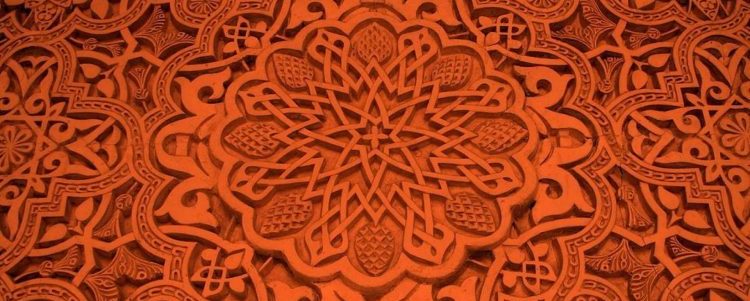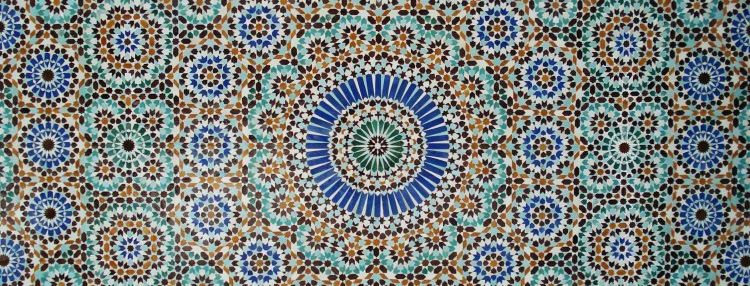Peter Hüseyin Cunz, President of the International Mevlana Foundation in Switzerland
International Conference, 13. – 15. December 2007, Selçuk University, Konya
There are two types of traces of Hz. Mevlana in Europe. One is the academic work produced by elder scholars such as Reynold A. Nicholson, Eva de Vitray Meyerovitch, Annemarie Schimmel and Johann Christoph Bürgel, but unfortunately very few known academic works from younger scholars of European universities are to be found. The other trace – prominent but difficult to measure and evaluate – is the substance of what remains in the hearts of individuals that have been in touch with the message of Hz. Mevlana.
The academic traces are characterized by a scientific or philosophical approach with a high degree of objectivity and a choice of expression that is easy to be communicated on an international level, such as in this conference. In contrast to this the expression of a touched heart is subjective and often emotional, is expressed in a metaphorical language and is influenced by patterns originating from education and personal experience. In both cases the expression will be guided by the cultural and social setting of the concerned person. Since culturally and socially there are remarkable differences between Orient and Occident, these differences reflect in the way of expression – be it scientific or emotional.
Differences have to be understood on both sides. Considering that the cultural flow is much stronger from the Occident to the Orient than vice versa, it is only obvious that oriental people find it easier to acquire an understanding of western mentality than vice versa. Westerners who thoroughly understand oriental values and mentalities are scarce. This fact is of particular relevance when spiritual requirements and work become involved, such as those practised in the Mevlevi Tariqah. In Europe we are confronted with these differences, for in the Mevlevi Tariqahs of Germany, the Netherlands and Switzerland, both, western and oriental persons come together to learn and deepen a common understanding of Hz. Mevlana’s teachings.

